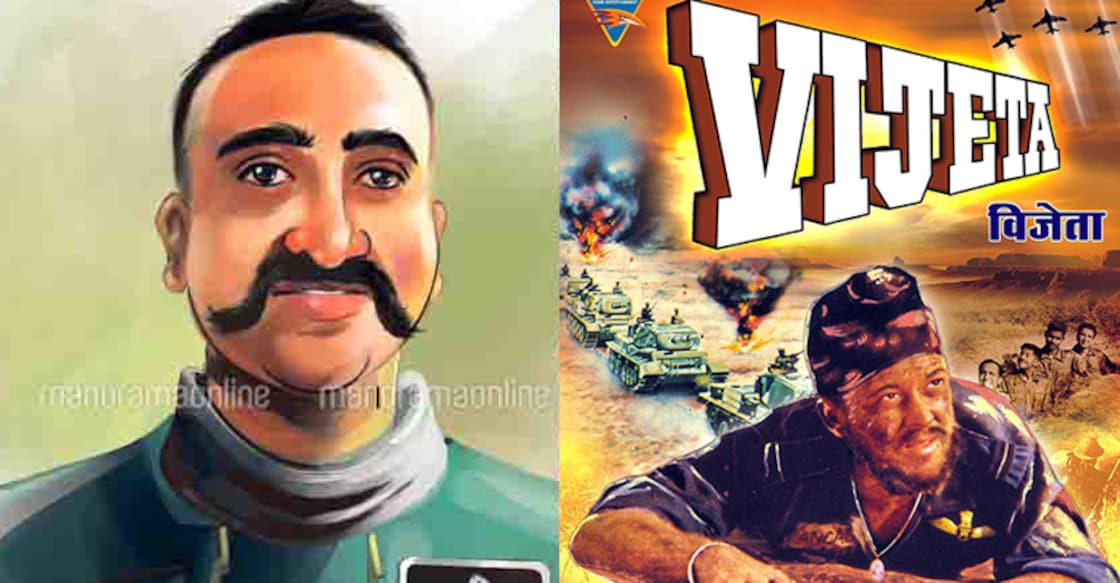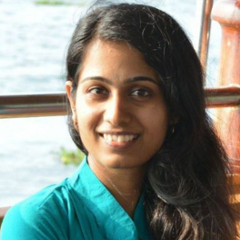Abhinandan Varthaman is back: 'Vijeta' once depicted the valour of IAF pilots

Mail This Article
“Oh God, please help us to keep ourselves physically strong and mentally awake. Help us in doing our duty to thee and to our country that we may keep the honour of the services untarnished.
Send in us to guard the country from external aggression and internal disorders.” The oath was taken on screen by a group of dynamic youth joining the defence service in the 1983 Hindi film 'Vijeta' produced by Bollywood actor Shashi Kapoor and directed by Govind Nihalani.
Onmanorama takes a look at this film, which tells the life of daring Indian Air Force pilots, even as a real IAF fighter pilot Abhinandan Varthaman, who was captured by Pakistan a couple of days ago amid a skirmish, returned to his home country on Friday amidst wild celebrations.
“Kisikke samne mujhe tumhare liye gidgidana pade aisi naubat mat lana,” (never be in a situation where I have to beg for you), says the hero Angad Singh's mother and from there begins the life of a man who leaves behind his confused teen years.
Kunal Kapoor, son of Shashi Kapoor himself, played the role of Angad and his real father essayed the same role on screen too. Rekha played the part of his mother.
Angad's father Nihal Singh, a clean-shaven Sikh, leaves Punjab during the Partition and arrives in Mumbai to earn a living.
Although the basic plot revolved around Angad and how he faces the challenges in his life, what sets the movie apart is its beautiful air-combat scenes and powerpacked dialogues. The movie also had amazing scenes involving natural depiction of aviation training for upcoming fighter pilots.
Apart from the visuals of usual on-air escapades in a fighter plane, the film had a honest take on defence personnel caught in war with another nation. Although there is no mention of the 'enemy nation', it is clear that Pakistan is in question, and that Angad is fighting in the 1971 Indo-Pakistan War just as Abhinandan was involved in an aerial fight early this week in real life.
When Cadet Angad Singh opts for his first solo flight, he writes to his father even though he is in the habit of often writing to his mother.
“You have read it a hundred times,” says Rekha's character to which Kapoor's Nihal Singh replies, “I barely understand what he meant.”
“In khoobsurat unchayiyon par akela hoon par akelapan bilkul nahi..” (I am alone up above in this beautiful sky, but there is no loneliness), writes Angad in his first letter to father and it carried the emotions he had discovered within himself while keeping himself above the world below him.
Without much melodrama the movie finely depicted the thoughts of a young man who was at war on the personal and professional fronts. The climax scene where the camera is apparently circling Angad as he is juxtaposed by father's dialogues is one of the best ones shot in Bollywood during that era.
We too concur with Nihal Singh's statement “Mrityunjay arpan, vijeta arpan,” as a tribute to men like Angad Sngh and Abhinandan Varthaman who overcome the fear of death while on a mission to protect their country.


